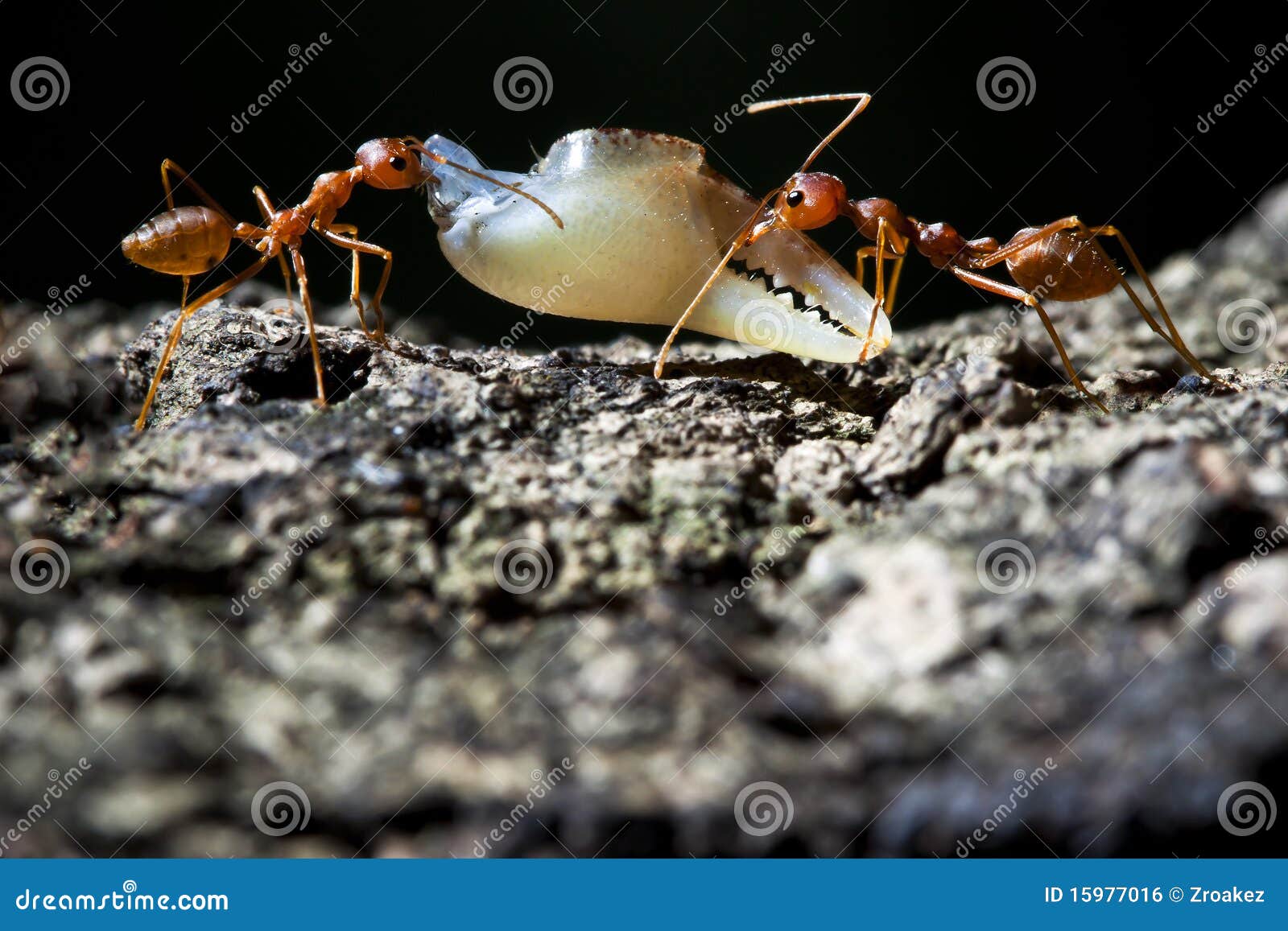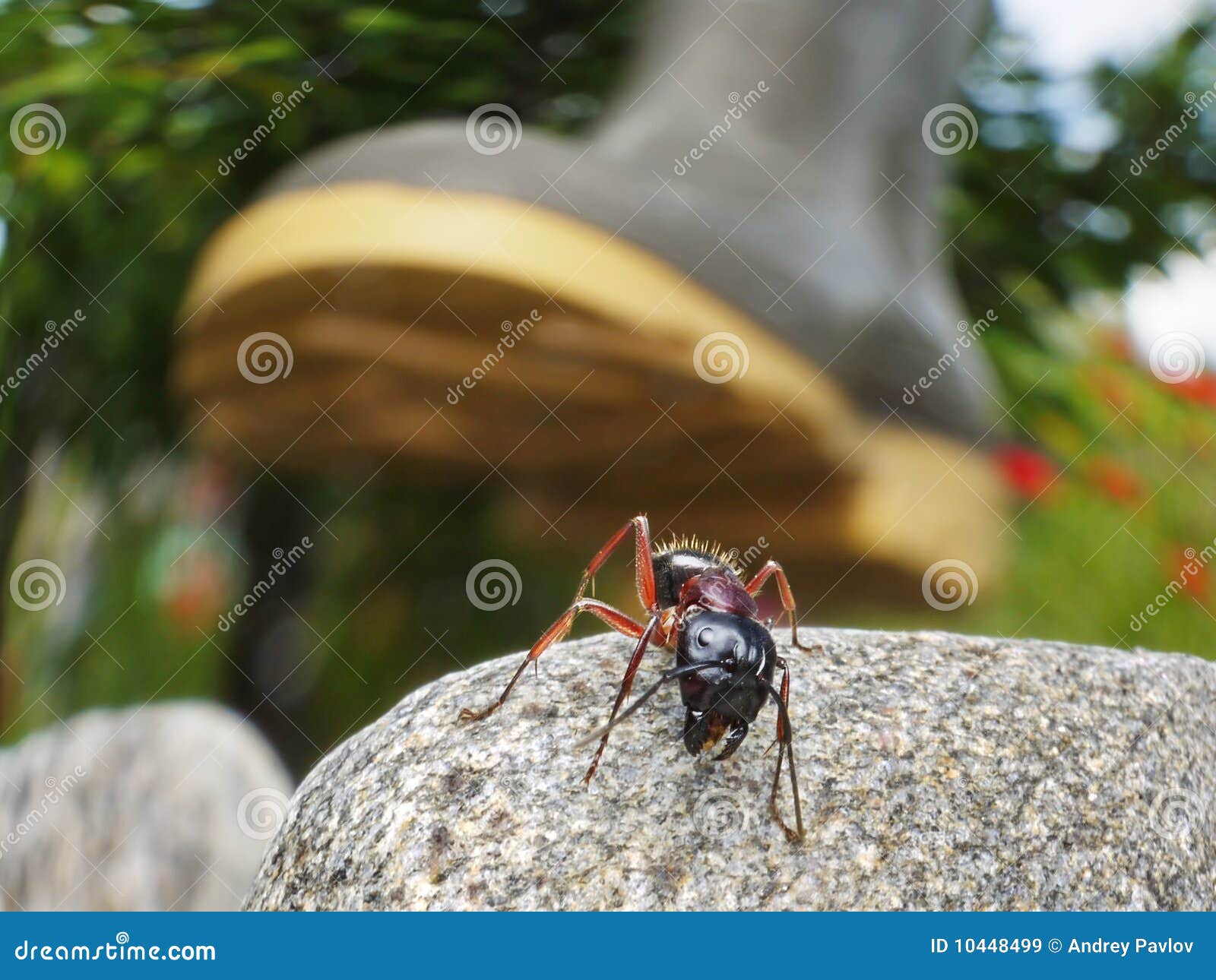Imagine a world where teamwork, discipline, and efficiency reign supreme. Welcome to the extraordinary realm of ant's life! These tiny creatures might go unnoticed as they scurry across your backyard, but their world is nothing shorta miraculous. From complex societies to architectural wonders, ants offer us lessons in survival, organization, and resilience. If you ever thought ants were just pesky critters, it's time to rethink that notion!
Ants have been around for millions of years, outlasting dinosaurs and adapting to every environment imaginable. Their success story is one of the most fascinating in the animal kingdom. What makes them so special? Well, buckle up because we're diving deep into the ant's life, uncovering secrets that'll blow your mind. Think of it as Planet Earth, but with a whole lot more hustle and a whole lot less CGI.
Now, I know what you're thinking—why should you care about ants? Turns out, these little guys are more than just picnic spoilers. They're ecosystem engineers, soil movers, and even natural pest controllers. Their lives are filled with drama, strategy, and surprising sophistication. So, whether you're a nature enthusiast, a curious learner, or just someone looking for a new perspective on life, this article's got you covered. Let's get started!
- Meet Chuck Schumers Wife The Woman Behind The Senator
- Famous Scorpios Unveiling The Celestial Stars Born Under The Scorpio Zodiac
Table of Contents
- The Biology Behind Ant's Life
- Where Do Ants Call Home?
- The Social Structure of Ant's Life
- How Ants Communicate
- What's on the Menu for Ants?
- Threats to Ant's Life
- Why Ant's Life Matters
- Fun Facts About Ant's Life
- Conservation Efforts for Ant's Life
- Wrapping Up the Ant's Life
The Biology Behind Ant's Life
Alright, let's start with the basics. Ants are insects belonging to the family Formicidae, and they're part of the order Hymenoptera—same as bees and wasps. But don't worry, unlike their stingy cousins, most ants are harmless to humans unless you're stepping on their parade. There are over 12,000 species of ants worldwide, each with its own quirks and specialties. From the leafcutter ants in the Amazon to the fire ants in your backyard, every species brings something unique to the table.
Now here's the kicker: ants are built for survival. They have three main body parts—the head, thorax, and abdomen—each serving a specific purpose. Their six legs are designed for speed and strength, while their antennae act as sensory powerhouses. These tiny antennae can detect chemicals, vibrations, and even touch. Talk about multitasking! Oh, and did I mention that ants can lift up to 50 times their own body weight? Yeah, they're basically nature's superheroes.
Life Cycle of Ants
Every ant starts its journey as an egg, laid by the queen. After hatching, it becomes a larva, then a pupa, before finally emerging as an adult ant. This process, known as complete metamorphosis, ensures that ants are always ready to take on their roles in the colony. Depending on the species, an ant's life span can range from a few months to several years. Queens, however, can live for decades, making them the matriarchs of the insect world.
- Webster Hubbell The Inside Story Of A Legal Giant Who Made Waves
- Conan Obrien Family A Closer Look Into The Life Beyond The Latenight Spotlight
Where Do Ants Call Home?
Ants are the ultimate real estate experts. They can build nests in just about any environment—underground, in trees, inside logs, or even in your kitchen cabinets. Each habitat serves a specific purpose, providing shelter, protection, and resources for the colony. Some ants prefer the comfort of soil, digging intricate tunnels that could rival the London Underground. Others go for a more luxurious treehouse vibe, building nests high above the ground to avoid predators.
Types of Ant Habitats
- Underground nests: Perfect for species that thrive in cooler, moister conditions.
- Tree nests: Ideal for ants looking to escape ground-based threats.
- Urban habitats: Surprisingly, ants have adapted to city life, finding food and shelter in unexpected places.
The Social Structure of Ant's Life
If there's one thing ants excel at, it's teamwork. Their colonies are highly organized societies where every ant has a role to play. From the queen at the top to the worker ants down below, everyone works together to ensure the colony's survival. It's like a tiny version of a corporate office, but with way less drama.
Roles in the Colony
- Queen: The heart of the colony, responsible for laying eggs and keeping the population growing.
- Workers: The backbone of the colony, handling tasks like foraging, nursing, and nest maintenance.
- Soldiers: The colony's defense team, protecting against predators and rival colonies.
This division of labor is what makes ants so successful. It's a system that's been fine-tuned over millions of years, and it works like a charm. So next time you see a line of ants marching across your floor, remember—they're just doing their jobs!
How Ants Communicate
Communication is key, even in the ant world. Ants use a combination of chemical signals, touch, and even sound to stay connected. Their primary method of communication is through pheromones—chemicals that convey messages like "food this way" or "danger ahead." It's like having a built-in GPS system, but instead of SatNav, it's ScentNav.
Significance of Pheromones
Pheromones are the secret sauce of ant communication. They help ants find food, recognize colony members, and even coordinate large-scale activities like migrations. Without these chemical signals, the colony would descend into chaos. So, the next time you disrupt an ant trail, you're basically jamming their Wi-Fi signal. Who knew such tiny creatures had such advanced communication systems?
What's on the Menu for Ants?
Ants are the ultimate foodies, with diets that vary depending on the species. Some are strict vegetarians, munching on leaves and nectar. Others are meat-eaters, hunting down smaller insects for their protein fix. And then there are the omnivores, who'll eat just about anything they can get their tiny mandibles on.
Food Preferences Among Ant Species
- Leafcutter ants: These guys are all about agriculture, growing fungus gardens with chewed-up leaves.
- Harvester ants: Seed collectors extraordinaire, storing food for leaner times.
- Carpenter ants: Known for their wood-loving ways, they'll feast on sugary treats when given the chance.
Regardless of their dietary preferences, ants are resourceful eaters, adapting to whatever's available. It's a survival strategy that's served them well for millennia.
Threats to Ant's Life
Even the mightiest creatures face challenges, and ants are no exception. From natural predators to human interference, there are plenty of threats to their survival. Climate change, habitat destruction, and pesticide use are just a few of the issues affecting ant populations worldwide.
Conservation Challenges
Protecting ants might not be at the top of everyone's priority list, but these little guys play a crucial role in ecosystems. They aerate soil, disperse seeds, and control pest populations. Without them, many ecosystems would suffer. So, the next time you're tempted to reach for the bug spray, consider the bigger picture. Every ant counts!
Why Ant's Life Matters
Ants might be small, but their impact is enormous. They're the unsung heroes of the natural world, contributing to biodiversity and ecosystem health in countless ways. By studying ants, scientists gain insights into topics ranging from social behavior to climate adaptation. Plus, who wouldn't want to learn from creatures that can lift 50 times their own weight?
Lessons from Ants
- Teamwork makes the dream work.
- Efficiency and organization are key to success.
- Adaptability is essential for survival.
So, whether you're running a business, managing a team, or just trying to get through the day, take a page out of the ant's playbook. You might be surprised at what you can achieve!
Fun Facts About Ant's Life
Ants are full of surprises! Here are a few fun facts to brighten your day:
- Ants are older than dinosaurs.
- Some ants farm aphids for their honeydew.
- Ants can form "rafts" to survive floods.
Who knew such tiny creatures could be so fascinating? The more you learn about ants, the more you realize just how incredible they truly are.
Conservation Efforts for Ant's Life
Efforts to protect ants and their habitats are gaining momentum. Scientists and conservationists are working together to raise awareness about the importance of these tiny creatures. From creating protected areas to promoting sustainable practices, there's plenty being done to ensure ants have a future.
What You Can Do
Even small actions can make a big difference. Plant native species in your garden, reduce pesticide use, and support conservation organizations. By doing your part, you're helping to protect not just ants, but the entire ecosystem they support.
Wrapping Up the Ant's Life
So, there you have it—the extraordinary world of ants. From their biology and habitats to their social structures and importance, ants have a lot to teach us. They remind us that even the smallest creatures can make a big impact. Whether you're fascinated by their communication skills or inspired by their teamwork, there's no denying that ants are truly remarkable.
Now it's your turn to take action. Share this article with your friends, leave a comment below, or dive deeper into the world of ants. Who knows? You might just discover a new appreciation for these tiny titans. After all, living the ant's life isn't just about surviving—it's about thriving. And isn't that something we can all aspire to?



Detail Author:
- Name : Frankie Zieme
- Username : rgorczany
- Email : tabitha.hettinger@hotmail.com
- Birthdate : 1987-11-20
- Address : 852 Jacynthe Lakes Suite 588 Lorenaland, AR 86521
- Phone : +1-505-544-7842
- Company : Okuneva, Renner and Shanahan
- Job : Screen Printing Machine Operator
- Bio : Dolor in laborum tempore beatae odit neque eos. Voluptas ut rerum amet nobis sapiente nisi. Mollitia provident incidunt odit deleniti quas quo ullam. Aut sunt ut vel reprehenderit earum aut.
Socials
twitter:
- url : https://twitter.com/rutherford1994
- username : rutherford1994
- bio : Sint quod veritatis quibusdam. Voluptatem perferendis eos dolor et voluptatem eos. Eligendi odit quae quas. Minus nihil molestiae ex non.
- followers : 4970
- following : 2113
instagram:
- url : https://instagram.com/gerhardrutherford
- username : gerhardrutherford
- bio : Asperiores velit consequatur et alias. Et et autem aut.
- followers : 4078
- following : 121
facebook:
- url : https://facebook.com/rutherfordg
- username : rutherfordg
- bio : Consequuntur sit mollitia hic repellat facilis sed non.
- followers : 1312
- following : 1925
linkedin:
- url : https://linkedin.com/in/gerhardrutherford
- username : gerhardrutherford
- bio : Dolore at autem voluptates in illum.
- followers : 6766
- following : 1330